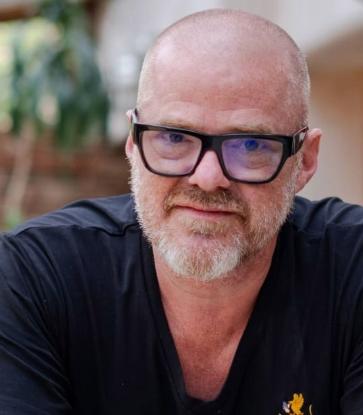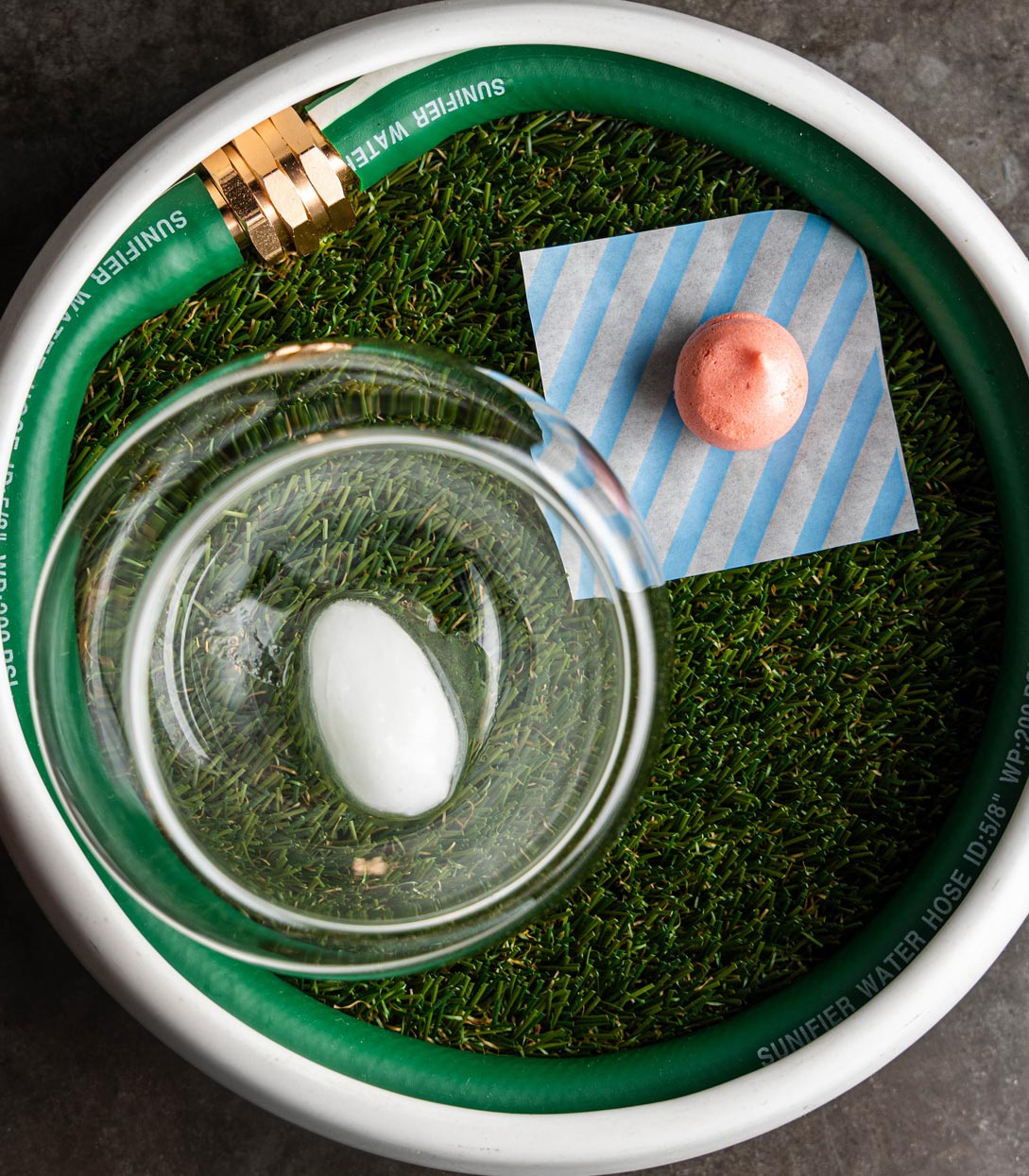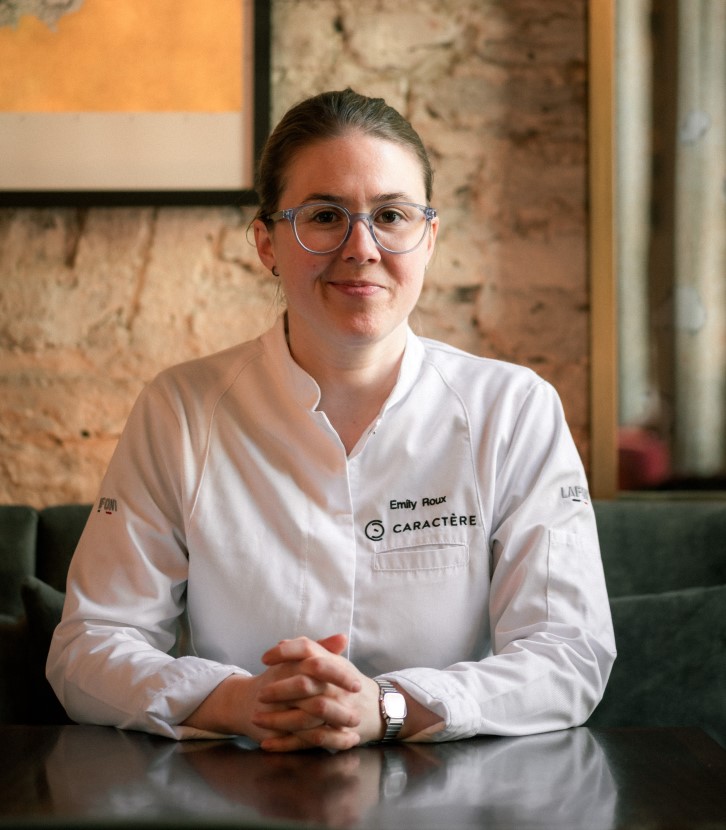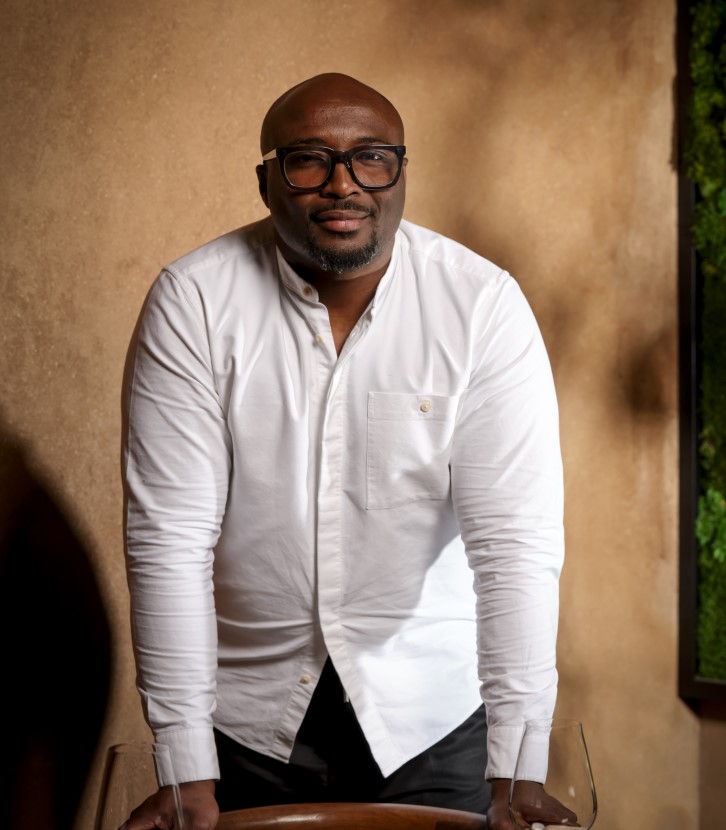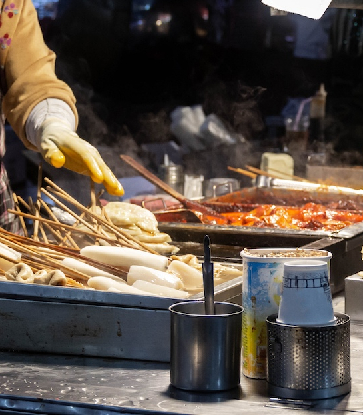Chef Do-yun Kim, owner of the MICHELIN-starred restaurant YUN, recently returned to the spotlight with his appearance on Netflix’s Culinary Class War. What truly captured the public's attention wasn't just his cooking, but his genuine approach to food and his grounded, human attitude throughout the show. His authenticity shone through in his interactions with others, and this, rather than the competition itself, became the focal point of his journey.
It’s rare for a MICHELIN-starred restaurant’s owner-chef to participate in a competitive cooking show. Initially, Kim was hesitant and even considered declining the offer, saying, “We’re not entertainers; should a MICHELIN-starred chef really join a show like that?” However, with his girlfriend’s encouragement, he ultimately decided to take the plunge. It was this leap of faith—fueled by his sincerity—that contributed to the show’s success.
“The most important thing in cooking is the mindset. You can source the best ingredients, but without the right attitude, it’s meaningless.”
Throughout Culinary Class War, Kim prioritized human connection and camaraderie over the competitive nature of the show. Winning or losing mattered little to him; instead, he focused on fostering relationships with his fellow chefs. One notable moment was when he brought an espresso machine to the set and shared coffee with the other contestants, exemplifying his belief in the power of small, meaningful interactions. This attitude aligns perfectly with his philosophy of cooking, which he treats as an art form that extends far beyond technique.
For chef Kim, cooking is an expression of the self—a way to share his heart with others. His culinary philosophy is deeply rooted in traditional Korean fermentation and aging techniques, which he has spent years studying and reinterpreting. His recipes, born out of passion and dedication, reflect not only his skills but his genuine desire to connect with people through food.
What made you decide to appear on Netflix’s Culinary Class War, and what were your initial expectations? As a MICHELIN-starred chef for three consecutive years and the owner of a MICHELIN-starred restaurant, it seems like an unusual choice to join a competitive show.
Chef Kim: To be honest, I initially declined the offer. I thought, "Why should we, chefs recognized by the MICHELIN Guide, take part in something like that? We’re not entertainers." At the time, I had no desire to participate. But then my girlfriend persuaded me to give it a shot—she even said she’d break up with me if I didn’t. So, I had no choice but to join. In the end, I’m thankful to her because the show turned out to be a great success.It sounds like an unexpected start. How did participating in the show affect you? Did you approach it lightheartedly from the beginning?
Chef Kim: Yes, I went into it with a light mindset. I didn’t see the competition on the show as a true contest. I joined with the attitude of "Let’s just give it a try." Honestly, competitions like this don’t really suit me. But surprisingly, the show turned out to be a success, which I’m glad about. I didn’t expect it to go as well as it did.Your first appearance on the show was very striking. The way you let your long hair down and wore headphones while cooking really stood out. Is there a specific reason you wore headphones, and do you often use them to focus in your daily routine?
Chef Kim: The decision to let my hair down was actually the production team's idea. There were other women chefs with long hair on set, but for some reason, they insisted only I should let mine down. I remember thinking, “Why me? Won’t this just make me look like the odd one out and create some backlash?” So, it was a bit uncomfortable. I guess they wanted to create a certain image of me for the show. As for the headphones, I use them frequently in my daily life. I like listening to music to help organize my thoughts. During the show, it was even more necessary because I was dealing with panic disorder, so the headphones helped me stay calm.Hearing that you deal with anxiety, it must have made filming even more challenging. Do you have any particular routines to calm yourself during the cooking process?
Chef Kim: Yes, there was one day where it was freezing cold, but I was sweating profusely. At first, I tried using earphones, but I could still hear all the background noise, so I switched to headphones instead. Blocking out the surrounding sounds and focusing on music really helped me find my calm. I love listening to music, and I often play Yangpa’s songs to relax. At the time, I was eager to get off the stage quickly, but then I noticed my opponent was even more nervous than I was.When the ingredient, rockfish, was revealed, I told the other chef to "put your nerves in your pocket." I reminded him, "You can’t be nervous here; you have to stay focused." Later on, during the actual competition, I said, "Now it’s time to take your nerves back out. Don’t worry, I’ll go after you." The chef was shaking, so I kept encouraging him to stay calm. In the end, they thanked me and said my advice helped. And funny enough, that chef actually ended up beating me. (laughs)







